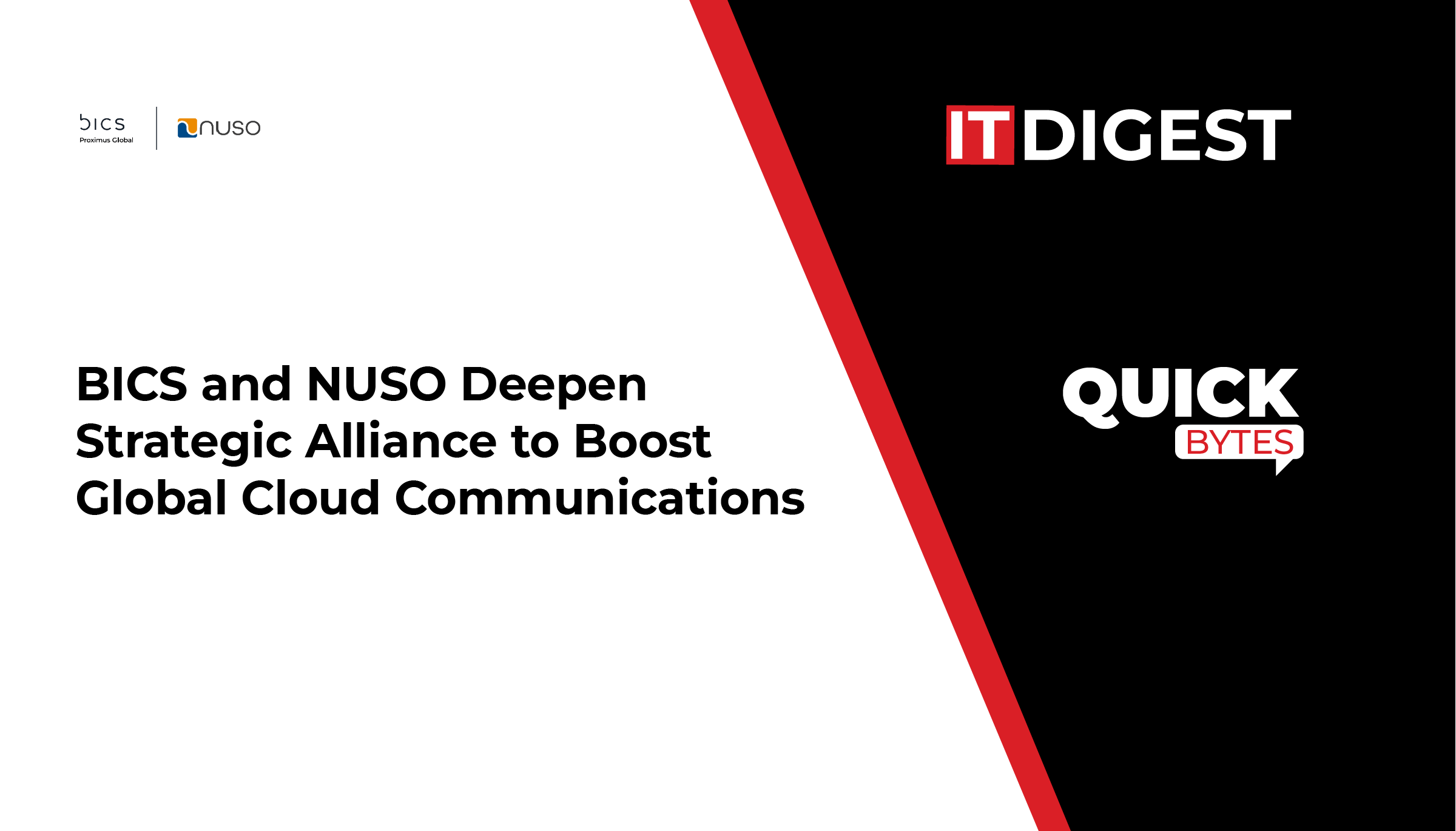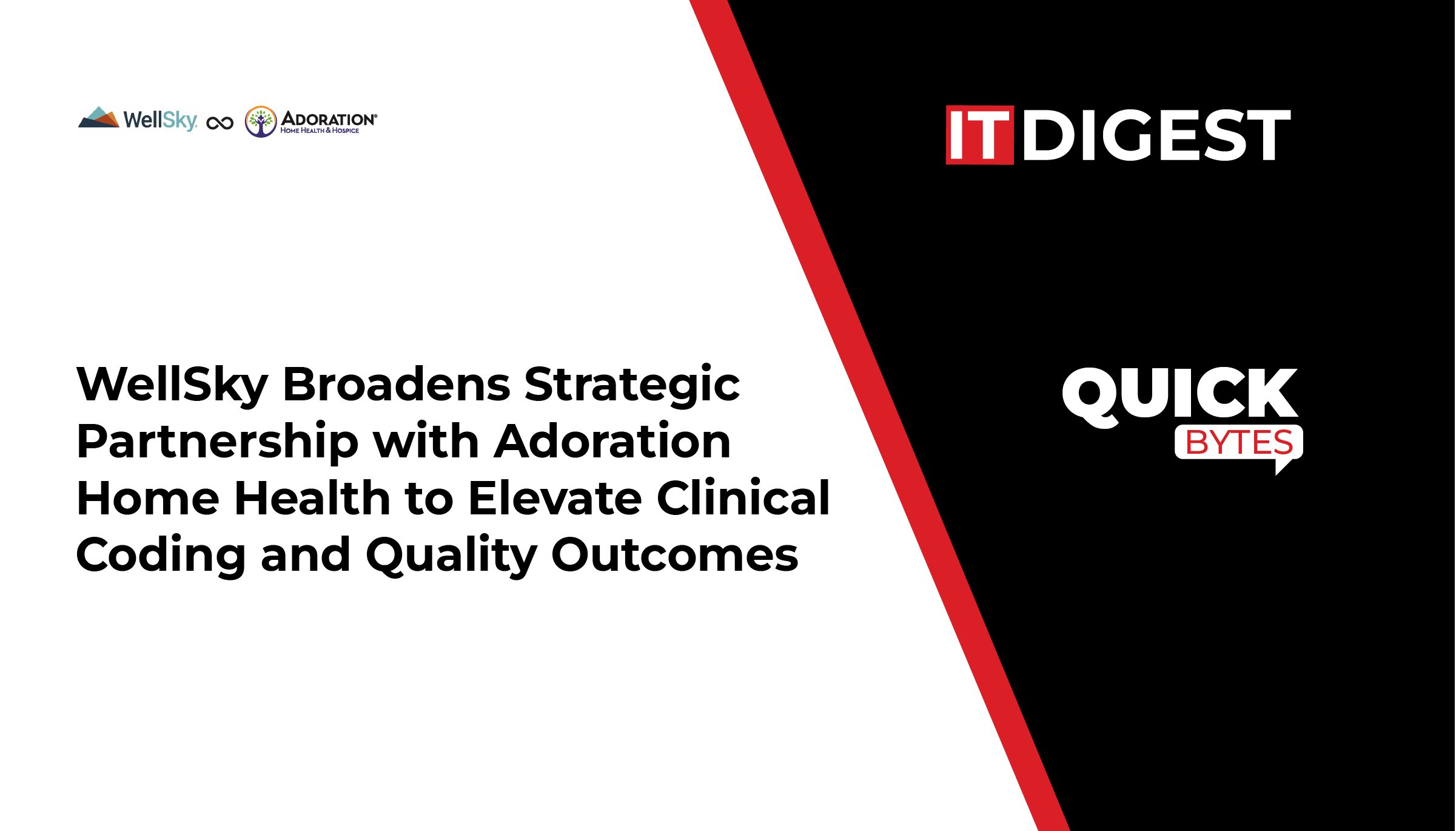Nutanix, a leader in hybrid multicloud computing, announced the findings of its fifth global Enterprise Cloud Index (ECI) survey and research report, which measures enterprise progress with cloud adoption. This year’s ECI showed that IT infrastructure is increasingly diverse with organizations challenged with integrating data management and control. The research showed that the majority of IT teams leverage more than one IT infrastructure, a trend that’s expected to intensify in the future, but struggle with visibility of data across environments with only 40% reporting complete visibility into where their data resides.
“In the coming years, there will be hundreds of millions of applications created, which will generate unprecedented amounts of data”
“In the coming years, there will be hundreds of millions of applications created, which will generate unprecedented amounts of data,” said Lee Caswell, SVP, Product and Solutions Marketing at Nutanix. “Organizations are grappling with current application and data management across the edge, different clouds and in the core. What this year’s ECI shows and what we’re hearing from customers is that there’s a need in the market for a cloud operating model to help build, operate, use, and govern a hybrid multicloud to support all types of applications – starting today and planning for tomorrow.”
In the past five years of conducting the ECI, respondents’ attitudes have drastically shifted toward the use of multiple IT environments. In 2018, well over half of respondents said they envisioned running all workloads exclusively in either a private cloud or the public cloud one day. Rather than working to consolidate on a particular infrastructure or IT operating model, as seemed desirable in 2018, most enterprises now see the inevitability, and even benefits, of running workloads across public cloud, on-premises and at the edge.
Also Read: NVIDIA Chooses Oracle Cloud Infrastructure for AI Services
The goal for organizations now is to make this hybrid operating model more efficient, especially when managing IT environments across the edge to the core. The growing level of diversity in cloud deployments creates enormous complexity in managing application data across cloud environments. Comprehensive tools that allow organizations to provision, move, manage, monitor, and secure applications and data from a single console in a uniform manner is a growing priority for IT. Nearly all respondents say they’d benefit from having a single, unified control plane to manage applications and data across diverse environments.
Key findings from this year’s report include:
- Most organizations use more than one type of IT infrastructure, and nearly all agree that having a single platform to manage them all consistently would be ideal. The majority (60%) of IT teams leverage more than one IT infrastructure, whether it is a mix of private and public clouds, multiple public clouds, or an on-premises datacenter along with a hosted datacenter. That number is expected to grow to nearly three quarters (74%) in the near future. However, this leads to challenges and 94% say they’d benefit from having a single place to manage applications and data across diverse environments.
- Data security and management considerations drive IT infrastructure choices. Data is driving infrastructure decisions for enterprises, with data security, protection and recovery, and sovereignty topping the list of key drivers. However, visibility is a growing challenge. While 94% of respondents agree that having full visibility is important, only 40% of ECI respondents report having complete visibility into where their data resides.
- Cloud cost control ranks as a top IT management challenge. Among respondents, 85% consider cloud cost a challenging IT management issue, and more than a third (34%) rank it a “significant” challenge. Specifically, application migration across clouds is currently a pain point for organizations with 86% of respondents agreeing that moving applications among environments can be complex and costly. Additionally, nearly half of respondents (46%) plan to repatriate some applications to on-premises datacenters to mitigate cloud costs in the year ahead.
- Nearly all respondents (96%) have begun using open-source Kubernetes orchestration. But they cite designing and configuring the underlying infrastructure, storage, and database services as among the top challenges they continue to face with their Kubernetes deployments.
- Sustainability is now an IT priority. Nearly all (92%) respondents agree that sustainability is more important to their organization than it was a year ago. This shift in priorities is primarily driven by corporate Environment, Social and Governance (ESG) initiatives (63%), supply chain disruptions (59%), and customers’ purchasing decisions (48%).
SOURCE: Businesswire

































